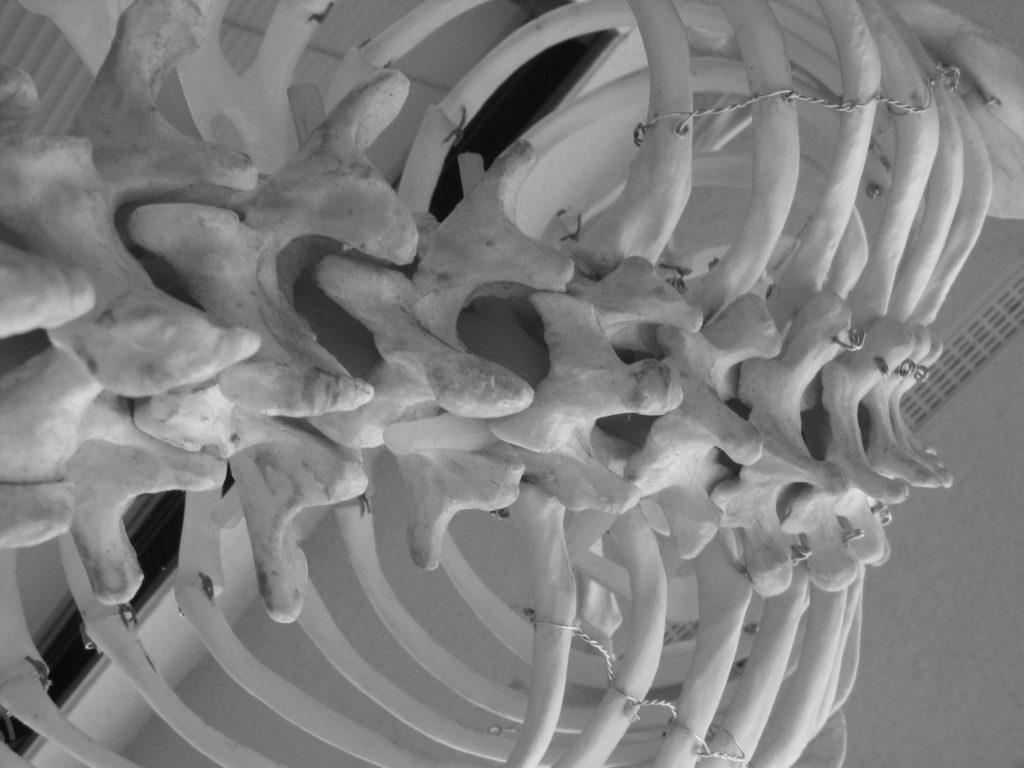 “My neck, my back, my neck and my back” is a cliche that has been used in television shows and movies when someone gets hurt in an accident and likely tends to file a lawsuit. Although Caddo Parish, Louisiana woman, Ruth Toliver, may not have used the exact phrase, she did fall on the job and filed for workers’ compensation benefits. After receiving a workers’ compensation settlement, she filed a lawsuit to recover for additional injuries. But whether Ms. Toliver could recover twice proved another matter.
“My neck, my back, my neck and my back” is a cliche that has been used in television shows and movies when someone gets hurt in an accident and likely tends to file a lawsuit. Although Caddo Parish, Louisiana woman, Ruth Toliver, may not have used the exact phrase, she did fall on the job and filed for workers’ compensation benefits. After receiving a workers’ compensation settlement, she filed a lawsuit to recover for additional injuries. But whether Ms. Toliver could recover twice proved another matter.
While on the job working for Entergy Services, Inc (ESI), Ruth Toliver injured her neck and left shoulder when she fell from a three-foot high stepladder and hit the floor. She received workers’ compensation benefits shortly after the incident and continued to receive the benefits until they were terminated close to the end of 2010. Mrs. Toliver disputed the termination of benefits with the Office of Workers’ Compensation in January of 2011. Mrs. Toliver and ESI agreed to settle the matter for $58,909.93 that would be paid to Mrs. Toliver, plus all the related medical bills that she incurred prior to the date of settlement. The agreement provided that $43,909.93 of the settlement would be earmarked for a Medicare account for future medical bills. The total amount of workers’ compensation benefits that ESI paid Mrs. Toliver was $397,763.75.
The agreement released ESI from any and all liability for the work accident. About two years after signing the settlement agreement, Mrs. Toliver filed a lawsuit with the Louisiana Trial Court, claiming that in addition to her initial injuries, she also injured her head, right shoulder, and back in the fall. ESI objected to Mrs. Toliver’s lawsuit based on the settlement agreement. ESI argued that she was barred by claim preclusion because the settlement agreement was signed into a final order of approval and dismissal. The Trial Court agreed and Mrs. Toliver appealed the decision.
 Louisiana Personal Injury Lawyer Blog
Louisiana Personal Injury Lawyer Blog


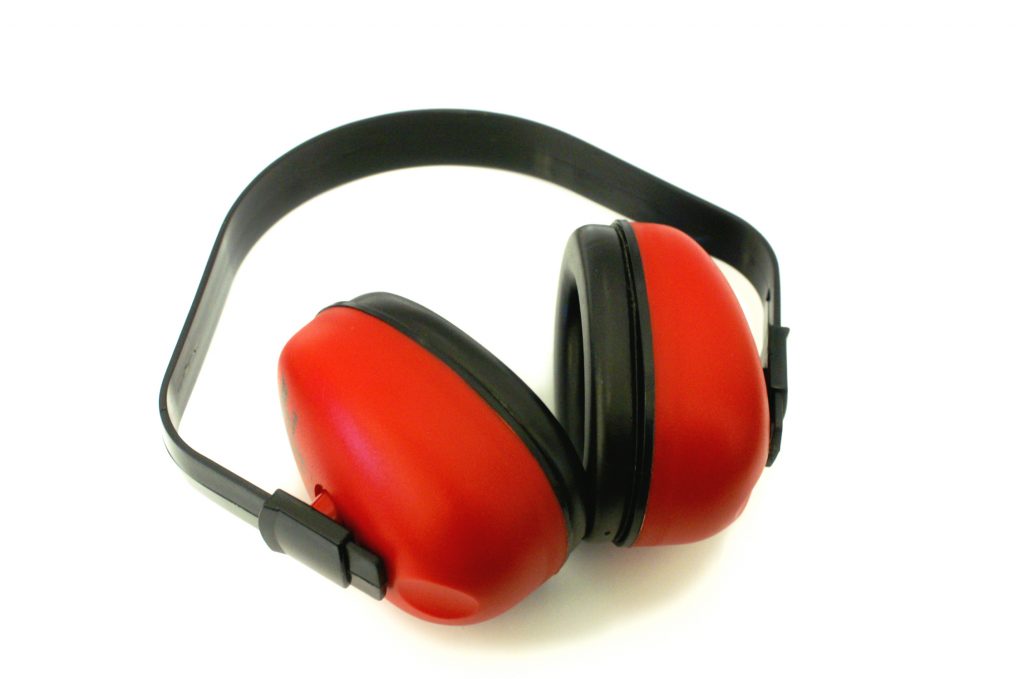 What are your legal options when you experience job-related hearing loss? Are you limited to benefits under workers’ compensation laws or can you file a lawsuit for possibly a considerable monetary amount? That was the essential question put forth to the Supreme Court of Louisiana in a recent case out of West Monroe.
What are your legal options when you experience job-related hearing loss? Are you limited to benefits under workers’ compensation laws or can you file a lawsuit for possibly a considerable monetary amount? That was the essential question put forth to the Supreme Court of Louisiana in a recent case out of West Monroe. 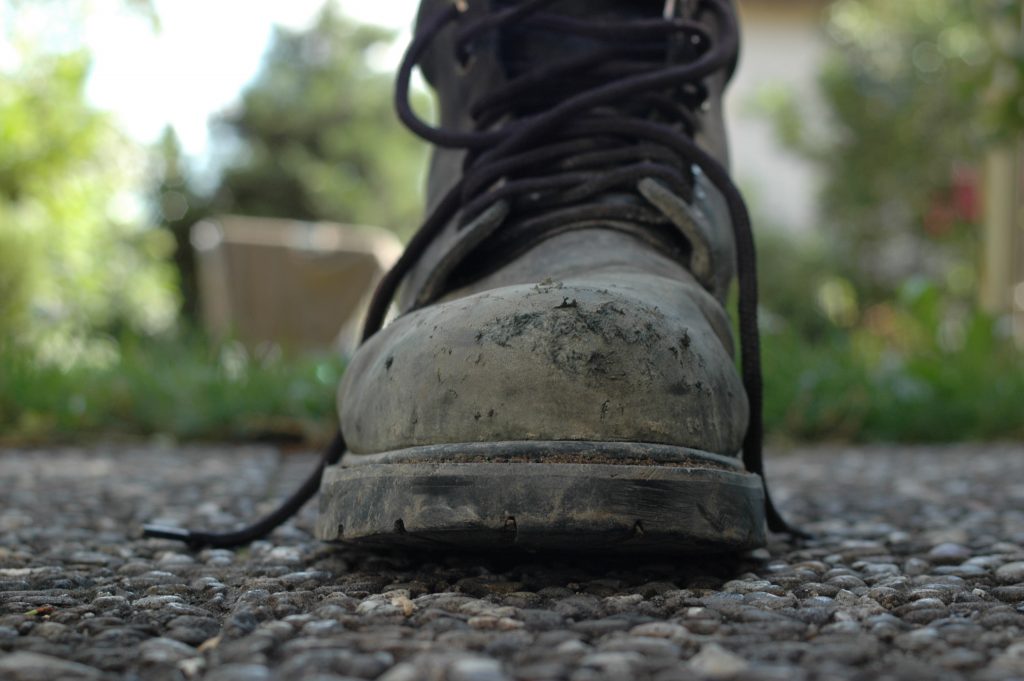 An accident at the workplace is never fun, not for the employer, and certainly not for the employee. In addition to the difficulty of the injury itself, determining who pays for the medical treatment is often in dispute. Whether there is enough evidence to show that the accident actually caused the injury helps a judge decide if the employer is required to pay. This connection may also play into whether the payment will be limited to a $750 cap.
An accident at the workplace is never fun, not for the employer, and certainly not for the employee. In addition to the difficulty of the injury itself, determining who pays for the medical treatment is often in dispute. Whether there is enough evidence to show that the accident actually caused the injury helps a judge decide if the employer is required to pay. This connection may also play into whether the payment will be limited to a $750 cap. In the world of workers’ compensation, being injured while on the job is an obvious requirement. Things tend to get muddled however in these cases over accident dates, pre-existing injuries, and the actual cause of the injury. In the following case, Carlos Harvey had all these things working against him in his claim for workers’ compensation benefits against his employer Sol’s Pipe & Steel (“Sol’s”).
In the world of workers’ compensation, being injured while on the job is an obvious requirement. Things tend to get muddled however in these cases over accident dates, pre-existing injuries, and the actual cause of the injury. In the following case, Carlos Harvey had all these things working against him in his claim for workers’ compensation benefits against his employer Sol’s Pipe & Steel (“Sol’s”). 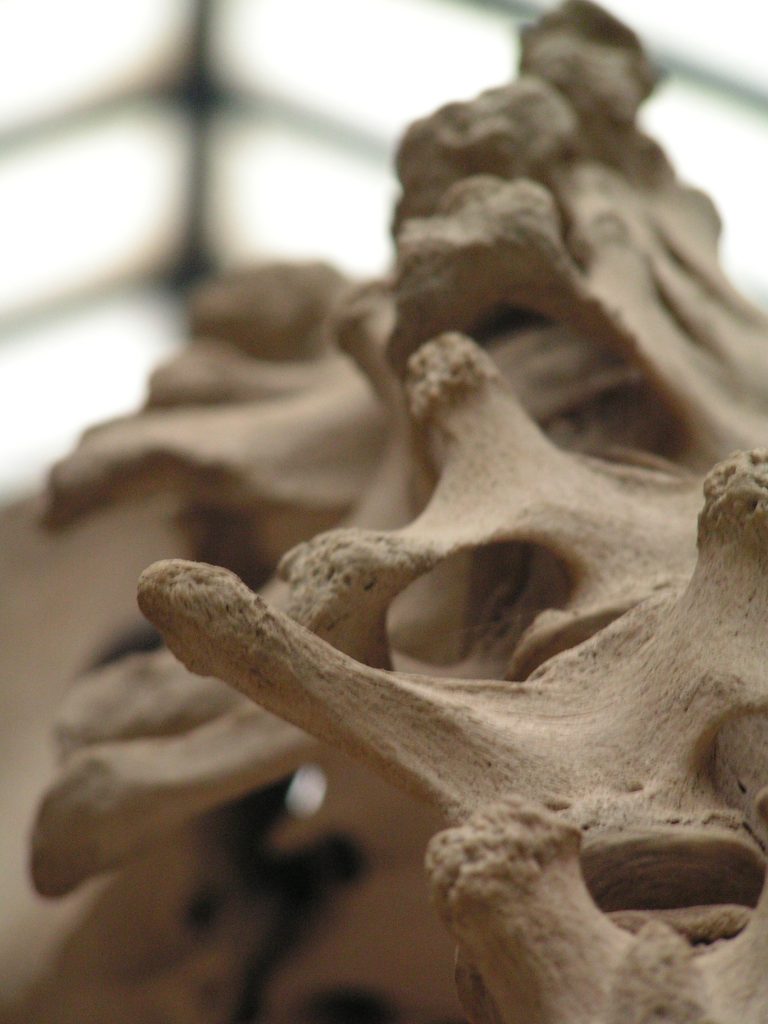 Justice is often not a sprint through the courts, but a long carefully navigated journey. This is because the law is not always black and white and standards of proof may make it difficult for a Plaintiff to prove his or her case. In a lawsuit arising out of Parish of Rapides, for example, Cecilia Rachal had to navigate four separate issues through the courts to find compensation for a simple fall at work.
Justice is often not a sprint through the courts, but a long carefully navigated journey. This is because the law is not always black and white and standards of proof may make it difficult for a Plaintiff to prove his or her case. In a lawsuit arising out of Parish of Rapides, for example, Cecilia Rachal had to navigate four separate issues through the courts to find compensation for a simple fall at work.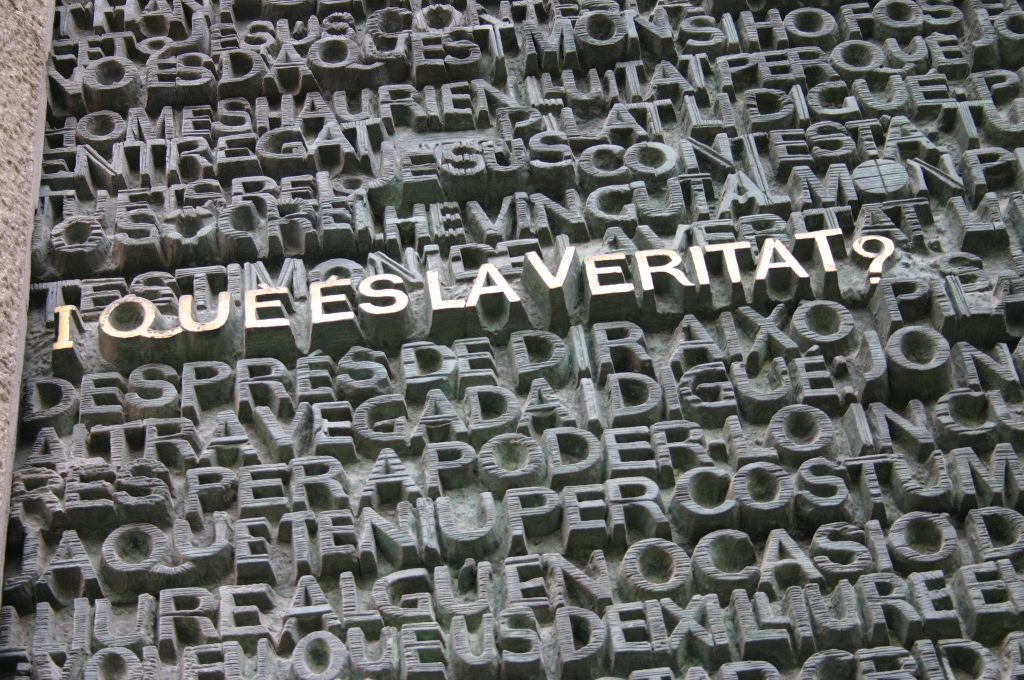 What happens when an accident happens at the workplace? Well, you would immediately head to the doctor. You would rely on your medical records to show the truth when you talk to your insurance company. However, what happens when the medical administration doesn’t agree that your medical records are demonstrative of the truth? Strengthening your case against corporations that attempt to veil the importance of your medical records requires the very best attorneys possible.
What happens when an accident happens at the workplace? Well, you would immediately head to the doctor. You would rely on your medical records to show the truth when you talk to your insurance company. However, what happens when the medical administration doesn’t agree that your medical records are demonstrative of the truth? Strengthening your case against corporations that attempt to veil the importance of your medical records requires the very best attorneys possible.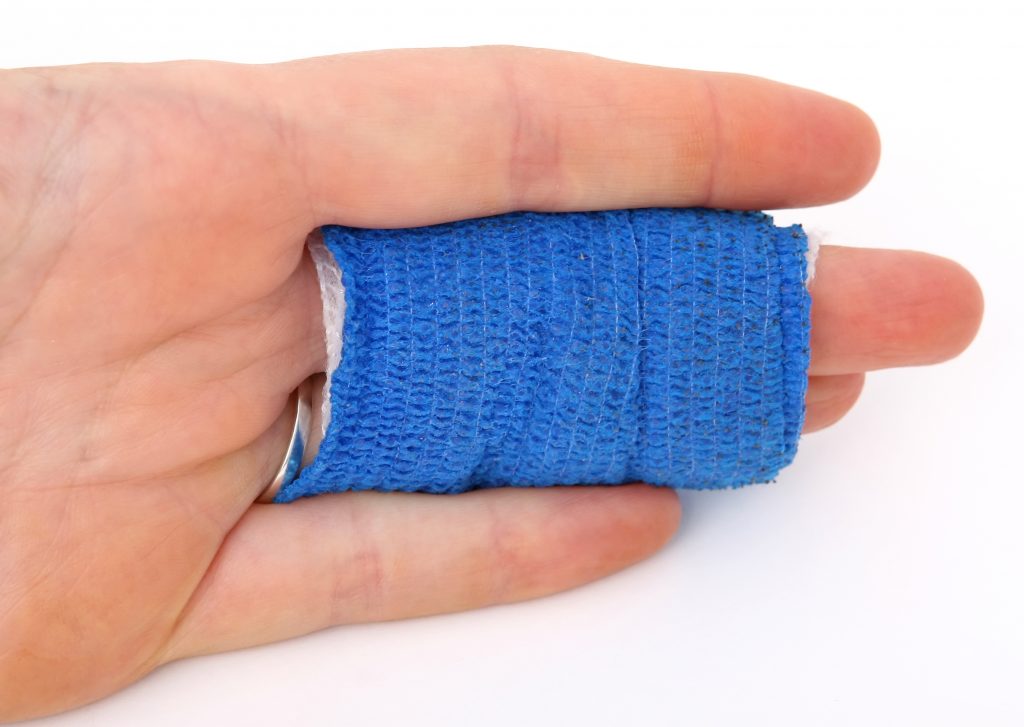 Workers’ compensation is a form of insurance run by the state government which pays wage replacement and medical benefits to employees injured on the job.
Workers’ compensation is a form of insurance run by the state government which pays wage replacement and medical benefits to employees injured on the job.  Companies that do business in multiple states must consider that individual states have their own laws, which must be followed if a company plans to do business in that state. It can never hurt to do your due diligence before you begin operations and a good attorney can be a vital resource. Recently, a Louisiana appellate court overturned the decision of a Worker’s Compensation Judge (WCJ) who ordered an out-of-state pharmacy to receive over $7,000 in reimbursement for providing prescription drugs to a worker’s compensation claimant over a seven-month period in 2010.
Companies that do business in multiple states must consider that individual states have their own laws, which must be followed if a company plans to do business in that state. It can never hurt to do your due diligence before you begin operations and a good attorney can be a vital resource. Recently, a Louisiana appellate court overturned the decision of a Worker’s Compensation Judge (WCJ) who ordered an out-of-state pharmacy to receive over $7,000 in reimbursement for providing prescription drugs to a worker’s compensation claimant over a seven-month period in 2010. Borrowed employees are workers assigned by their employer to work for companies borrowing their services on a short-term basis. Normally, employees hurt on the job may recover money in addition to worker’s compensation benefits from their employing companies. As the following case from the Louisiana First Circuit Court of Appeal demonstrates, borrowed employees can only recover worker’s compensation against companies that borrow their services.
Borrowed employees are workers assigned by their employer to work for companies borrowing their services on a short-term basis. Normally, employees hurt on the job may recover money in addition to worker’s compensation benefits from their employing companies. As the following case from the Louisiana First Circuit Court of Appeal demonstrates, borrowed employees can only recover worker’s compensation against companies that borrow their services. You may be entitled to compensation for any injury that occurs on the job. The extent of compensation depends on the extent of your injuries. See
You may be entitled to compensation for any injury that occurs on the job. The extent of compensation depends on the extent of your injuries. See